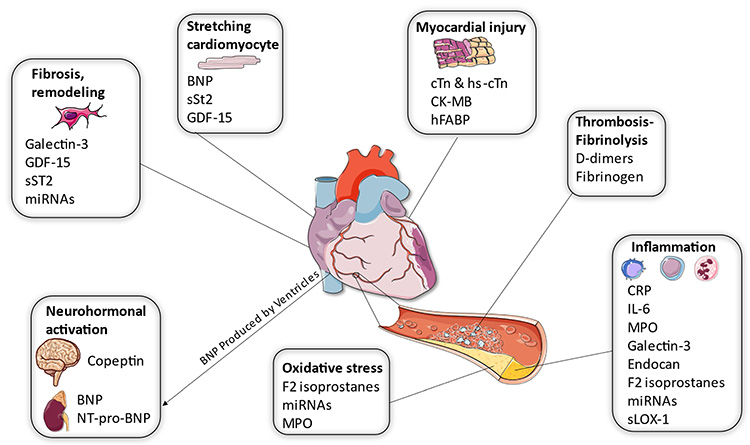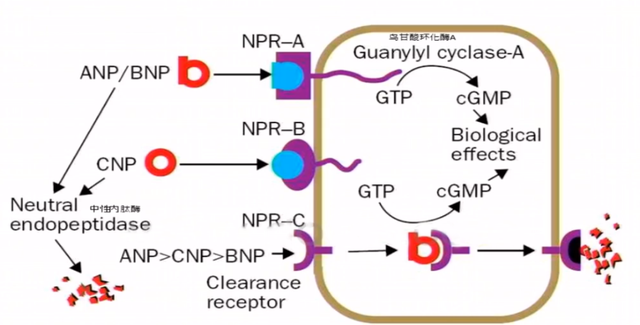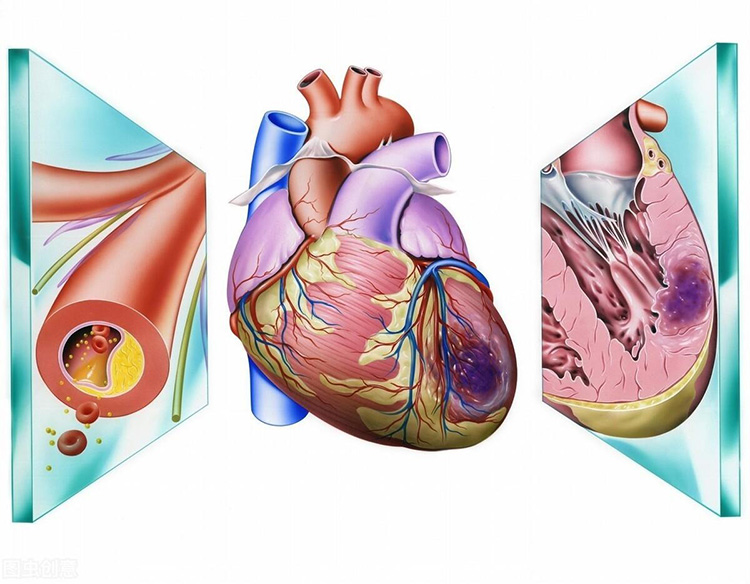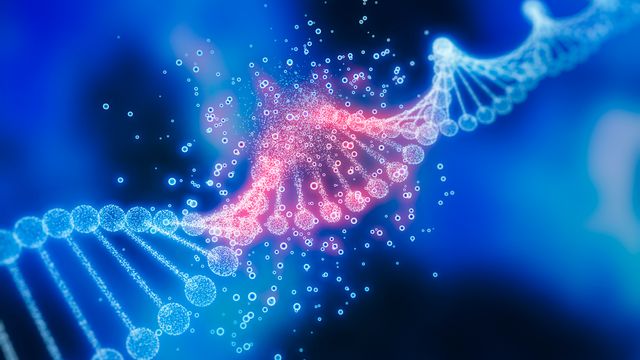Companion Diagnostics: A Key Tool in the Era of Precision Medicine
With the continuous advancement of medical technology, companion diagnostics (CDx) have become an increasingly important part of personalized treatment. These diagnostic tools not only assist doctors in formulating precise treatment plans based on patients' genetic information, pathological features, and other data, but they also effectively improve treatment outcomes and reduce side effects. As precision medicine continues to rise, the significance of companion diagnostics is growing in the global medical community.

What Are Companion Diagnostics?
Companion diagnostics are diagnostic tools closely related to specific drug treatments. They help doctors determine which patients are most suitable for a particular drug by detecting biomarkers such as genes, proteins, or other biological indicators. These diagnostics are a core component of personalized medicine, enabling tailored treatment plans for patients.
For example, in cancer treatment, certain drugs may only be effective against tumors with specific genetic mutations. By using companion diagnostics, doctors can confirm before treatment whether a patient is eligible for the drug, thereby avoiding unnecessary treatment risks and side effects.
The Technological Background and Development of Companion Diagnostics
The development and application of companion diagnostics are closely tied to the advancements in modern molecular biology, genomics, proteomics, and other cutting-edge technologies. With breakthroughs in gene sequencing and liquid biopsy technologies, companion diagnostics can provide increasingly precise results, which is crucial for precision medicine.
Genomics and Molecular Diagnostic Technologies: Through genomics technologies, scientists can identify mutations or variations associated with diseases. Companion diagnostics often rely on these technologies to detect specific gene mutations or expression patterns, helping doctors assess whether a patient is suitable for a particular treatment plan.
The Application of Liquid Biopsy: Liquid biopsy is a non-invasive diagnostic method that analyzes DNA or RNA extracted from body fluids like blood or urine. Its application in companion diagnostics makes early diagnosis and dynamic monitoring more feasible.
Artificial Intelligence and Big Data: With the application of big data and artificial intelligence technologies, doctors can make more precise diagnostic and treatment decisions based on patients' historical data, genomic data, and treatment outcomes. The combination of companion diagnostics and AI makes the diagnostic process more intelligent and personalized.
Application Scenarios of Companion Diagnostics
Companion diagnostics have broad application areas, especially in cancer treatment, genetic disease screening, and drug efficacy evaluation.
Cancer Precision Treatment: In cancer treatment, many drugs are effective only for patients whose tumors carry specific genetic mutations. By using companion diagnostics, doctors can confirm before treatment whether the patient has these mutations, thus selecting the most suitable drug and treatment plan. Common examples include companion diagnostics for HER2-positive breast cancer and EGFR-mutant lung cancer.
Genetic Disease Screening: For some hereditary diseases, companion diagnostics can help doctors detect potential genetic risks early, allowing for preventive treatments or interventions.
Drug Efficacy and Safety Monitoring: Companion diagnostics can help evaluate the efficacy and safety of drug treatments by monitoring specific biomarkers in patients' bodies. For example, in certain immunotherapies, companion diagnostics can detect whether a patient exhibits specific immune responses, which is critical for assessing drug efficacy.
Future Trends of Companion Diagnostics
As precision medicine continues to evolve, companion diagnostics will see more innovation and application. Future trends may include the following:
Diversification and Personalization: Future companion diagnostics will focus more on the integration of multi-dimensional and multi-level information, such as combining genomic data, protein expression, and immune responses to offer more personalized diagnostic and treatment plans.
Innovation and Breakthroughs in Technology: With the emergence of new detection technologies, companion diagnostics will have higher sensitivity and specificity. For example, the development of liquid biopsy technology will make companion diagnostics simpler, non-invasive, and applicable to early-stage disease screening.
Globalization and Cross-Disciplinary Collaboration: The development of companion diagnostics requires cross-disciplinary collaboration, especially in genomics, pharmacology, and clinical medicine, to further promote the advancement of precision treatment. Global collaborations will drive the popularization and application of these technologies.
Conclusion
Companion diagnostics are a key tool in precision medicine, transforming the traditional diagnostic and treatment model in medicine. By combining with specific drug therapies, they not only improve treatment efficacy but also effectively reduce unnecessary side effects, helping doctors provide more personalized treatment plans for each patient.
With the advancement of technology and the expansion of its application, companion diagnostics will play an increasingly significant role in the future of medicine, driving the field toward more precise and intelligent practices.
More News











